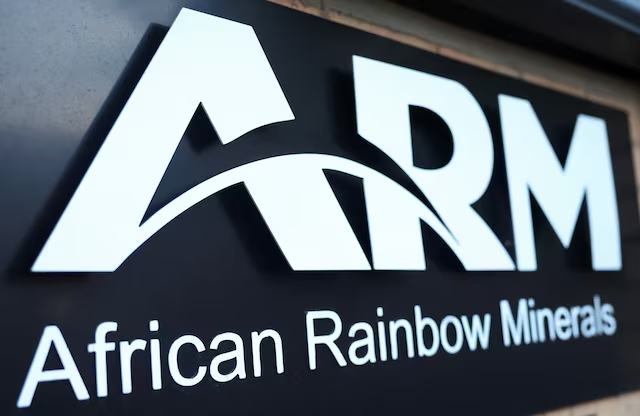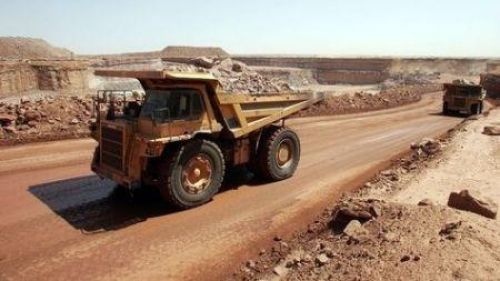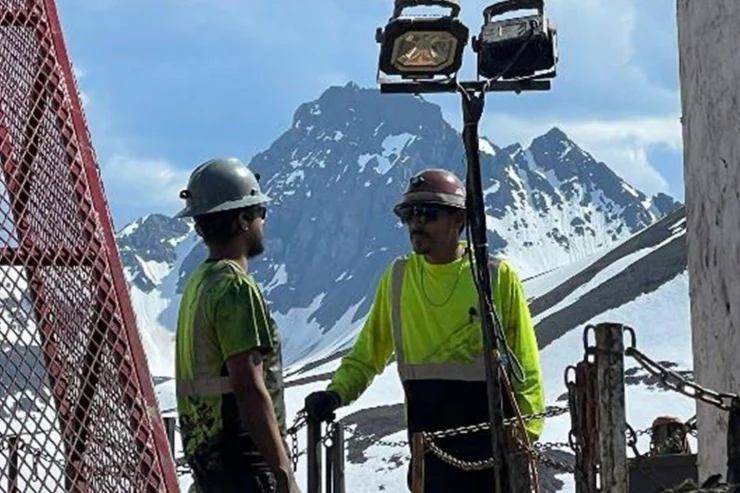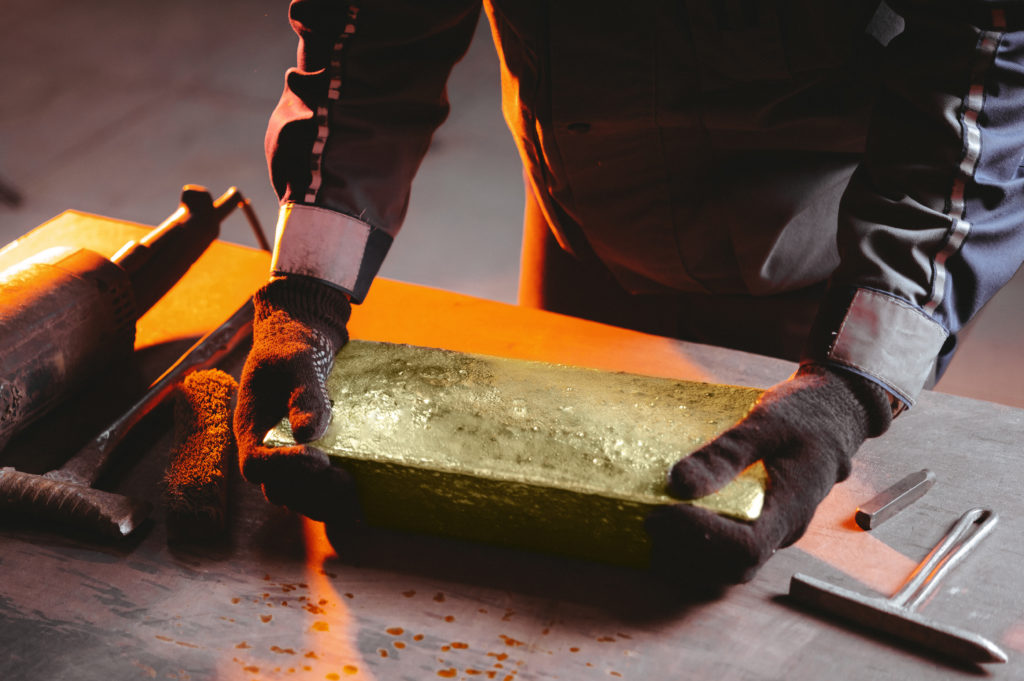Mining

In DRC, 57% of artisanal cobalt miners report being victims of forced labour and exploitation – University of Nottingham study
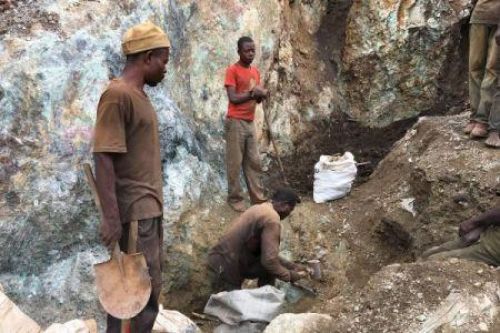
More than half of artisanal cobalt miners in the Democratic Republic of Congo (DRC) consider themselves victims of forced labour or severe exploitation, according to a report released on August 6, 2025 by the University of Nottingham’s Rights Lab (UK).
Titled “Blood Batteries: The human rights and environmental impacts of cobalt mining in the Democratic Republic of the Congo,” the report is based on a survey of 1,431 artisanal miners in the provinces of Lualaba (62.5% of respondents) and Haut-Katanga (37.5%), which together accounted for 76% of global cobalt supply in 2024.
The study found that artisanal and small-scale mining (ASM), which feeds the production of electric vehicles, smartphones, tablets, and laptops, remains a high-risk survival activity. It is characterized by excessively long working days, subsistence incomes, and severe health consequences.
In detail, 36.8% of respondents said they were victims of forced labour, while another 9.2% were children forced to work to support their families: 6.5% reported debt bondage, saying they had no choice but to borrow money or accept advances from employers or recruiters in exchange for their labour; 4.4% identified as victims of human trafficking.
Beyond that, 41.9% of miners reported being punished for “not working hard enough,” and more than half said they faced threats or abuse in the workplace.
The report also reveals that 27.7% of respondents started mining while underage, and 87.8% entered ASM because they had no other means of survival. Only 7.3% reported having a secondary source of income.
Among respondents, 14.7% were women, with the average education level at just four years of schooling.
Miners described their working days as “long,” averaging 9.5 hours, for an average daily income of $3.28. The gender gap is striking: men earned an average of $3.52, while women earned just $1.84.
None of the surveyed miners belonged to a union—since none exist in the cobalt ASM sector—and none had ever signed a written employment contract.
Health crises and environmental damage
Nearly two-thirds of respondents said they suffer from chronic health problems, including respiratory diseases, skin conditions, gastrointestinal disorders, gynecological issues, herniated discs, hemorrhoids, vision problems, back and neck injuries, and bone fractures.
Despite this, 70% said they would prefer to leave mining, but cannot due to the lack of alternative livelihoods.
Environmental analyses in the report paint a bleak picture: concentrations of heavy metals such as arsenic, cadmium, and lead in water sources near mining sites are between 10 and 930 times higher than the maximum levels recommended by the World Health Organization (WHO). Communities relying on these waters for drinking, bathing, and fishing suffer widespread health consequences.
Large areas of arable land have also been lost, forcing thousands of farmers to turn to mining for survival.
Given the perilous conditions in which cobalt is extracted and the environmental toll of mining, the Rights Lab recommends that all stakeholders—mining companies, the Congolese government, international tech firms, and electric vehicle manufacturers—launch an independent, Congolese-led due diligence initiative to ensure supply chains comply with human rights and environmental standards.
The report also calls for formalisation of artisanal mining, with written contracts, health coverage, and decent wages to allow families to send children to school; provision of protective equipment such as boots, masks, gloves, and helmets, community reinvestment, with at least 0.5% of net mining profits dedicated to improving local living conditions.






